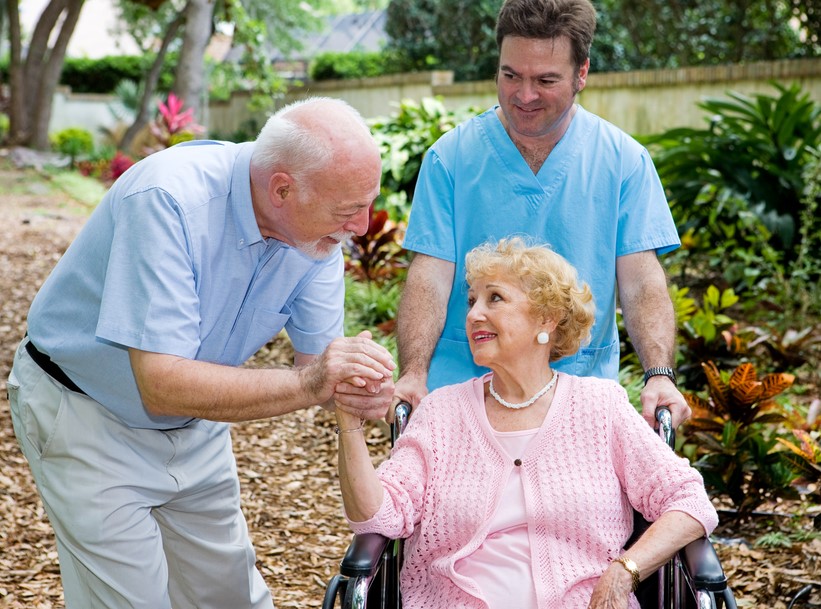Caring for a loved one is a difficult role. When you are the primary caregiver, it comes with unexpected challenges that can take its toll on you physically and emotionally. A lot of times you don’t even realize that you are showing signs of caregiver stress because your loved one’s health and well-being is your top priority. You may ask yourself why is caring for a loved one such a double edge sword? There are days where you feel it is very rewarding and other days you are completely overwhelmed watching as your loved one deteriorates.
We have spoken to various home care experts and below they have helped us to provide you with more information on how to spot the signs, and different ways to help deal with caregiver stress.
Signs and Symptoms
It’s important to remember that you can’t do it all and that everyone reaches a breaking point while caring for a loved one. Below is a list of signs and symptoms indicating that you could be dealing with caregiver stress.
- Exhaustion (Emotional & Physical)
- Changes in weight/appetite
- Increase/Decrease in sleep patterns
- Getting sick more often
- Feelings of wanting to hurt yourself or the person you are caring for
- Withdrawal from friends & Family
- Loss of interest in activities previously enjoyed
- Feeling hopeless, helpless, irritable
- Excessive use of alcohol and/or sleep medications
How To Feel Empowered
Home care experts say that feeling powerless is one of the biggest contributors to a family caregiver’s burnout and depression. Many people have family members who say they will help contribute, but then don’t step up. Therefore, the caregiver role has solely fallen on you.
Try to remember only the positives while helping your loved one. Your situation could help to inspire others on how they can care for their family member, or to even show your kids how important it is to be there for the family in their time of need.
By focusing on the things that you can’t control can become a huge stress burden on you. It is important to remember that you will not be able to cure your loved one, and trying to get other family members to step up may also be a lost cause as well. Just remember the positive impact you are making on your loved one’s life. By keeping them in a safe and loving place, you are providing a sense of comfort that they’ll appreciate more than you’ll know or that they will be are able to show you.
How Respite Care Can Help
Be sure to remember that you can’t do it all and that everyone reaches a breaking point while caring for a loved one. You need to take that time for yourself guilt free to help maintain your own identity. When you start to feel the onset of the symptoms listed above, home care experts suggest that you start looking for in-home respite care help. With respite home care, the family caregiver can get a much-needed break for rest and relaxation or tend to other commitments and family needs.
Local home care agencies can help to provide in-home respite care support for family caregivers in need of short-term, temporary relief. Respite home care gives family caregivers a chance for personal revitalization by helping them to do the things that give a sense of fulfillment back into their life. This could be spending time with friends and family, shopping, exercising or just taking time to go for a walk or read a book. While taking this time away, you will be able to be at ease because an in-home respite care worker will stay with your loved in the comfort and safety of their own home.
No matter the situation it is important to remember that you are never powerless. You can always ask for more help. It takes a lot of strength and courage to help take care of a loved one. Just remember that there are personal services like in-home respite care to help you take care of your own needs. By taking the time to care for yourself, it will help to make you a stronger caregiver for your loved one.










